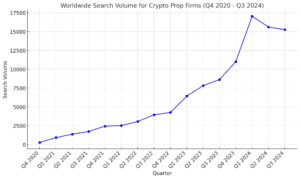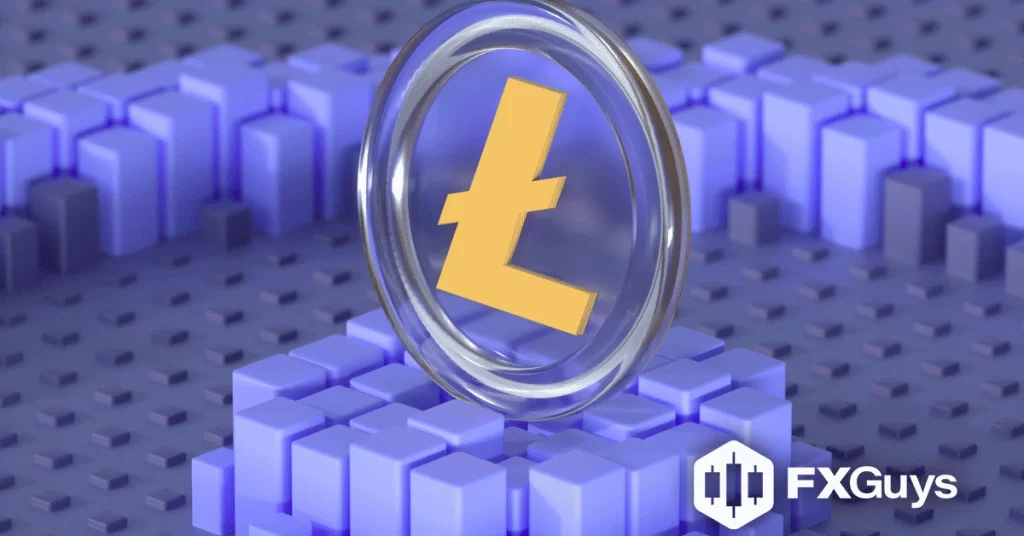
Sean McHugh, executive of VARA Dubai, defended the regulator from accusations of excessive ease in issuing licenses for crypto, arguing that the authority has found a fair balance between speed and regulatory rigor.
Let’s see all the details in this article.
Dubai: VARA finds the perfect balance for crypto licenses, states a senior executive
Dubai continues to establish itself as one of the emerging hubs for cryptocurrencies, with the Virtual Assets Regulatory Authority (VARA) playing a central role in this transformation.
Recently, the senior executive Sean McHugh defended the licensing process by VARA. Specifically stating that the authority has found the right balance between speed and regulatory rigor.
In an interview given to CoinDesk, McHugh addressed the perceptions that VARA would be a more friendly and less strict regulator compared to other jurisdictions.
In his opinion, such judgments do not take into account the complexity of the process and VARA’s commitment to responsible regulation.
Dubai, the most populous of the seven emirates of the United Arab Emirates, competes for the title of global hub of cryptocurrencies with other Asian jurisdictions, such as Singapore and Hong Kong.
The importance of VARA in this context is evident: it is one of the institutions that has contributed to positioning Dubai as a strategic center for digital assets.
Together with the Abu Dhabi Global Market (ADGM), VARA has helped to build a regulatory ecosystem that attracts some of the largest crypto exchange platforms globally.
Over the past year, VARA has indeed granted regulatory approvals to prominent exchanges such as OKX, Crypto.com, and Binance. However, the granting of such licenses has not been a swift process without obstacles.
Despite the fact that a fixed time period has not been established for the completion of the process, some representatives of large exchanges have reported that obtaining the license took months of negotiations and regulatory refinements.
This demonstrates how VARA does not simply grant licenses automatically, but follows a thorough and rigorous approach.
VARA: ‘do not sacrifice compliance and transparency’
Sean McHugh, Senior Director of Market Assurance at VARA, has in this sense highlighted that VARA has found the perfect balance point:
“Candidates in any process often think it is moving more slowly than it should. Others, on the outside, might think we are moving too quickly. They are not necessarily our target audience. We believe we have found the right balance, neither too hot nor too cold.”
The authority indeed has the task of balancing the need to attract innovation and investments in the cryptocurrency sector with the requirement to ensure investor protection and prevent the illicit use of cryptocurrencies.
As, for example, money laundering or the financing of terrorism. VARA has demonstrated in this context to be an active and attentive regulatory authority.
At the beginning of this month, the agency updated its rules on the marketing of virtual assets and fined seven entities for operating without the necessary licenses.
These actions demonstrate that, although Dubai wants to position itself as a crypto hub, it is not willing to sacrifice compliance with regulations and transparency in the sector.
McHugh also emphasized that VARA is not only focused on granting licenses, but also on supervision and compliance in crucial areas such as anti-money laundering and customer protection.
“Our goal is responsible licensing, supervision, compliance in anti-money laundering and counter-terrorism financing, and customer protection.”
This demonstrates that VARA has adopted a long-term vision, aimed at ensuring sustainability and trust in the digital asset sector.
McHugh predicts crypto adoption in traditional markets in the short term
Speaking on the sidelines of the Future Blockchain Summit in Dubai, McHugh also highlighted another important trend. That is the increase in interest from traditional financial institutions.
McHugh predicts that in the next two or three years, more and more high-level executives from companies like BlackRock, Goldman Sachs, and JP Morgan, will be present at blockchain and cryptocurrency industry events.
This will mark a growing institutionalization of the crypto space, with more and more actors from traditional finance approaching this innovative sector.
The involvement of such financial institutions will likely have a significant impact on the development and regulation of the cryptocurrency sector.
The entry of global companies like BlackRock or JP Morgan could accelerate the adoption of cryptocurrencies in traditional financial markets.
Facilitating the integration of blockchain technologies into already existing systems and contributing to strengthening trust in digital currencies.
McHugh, who in the past has held significant roles at global financial institutions such as Goldman Sachs, Citibank, Fidelity Investments, and Citadel, brings with him a vast experience that makes him particularly suited to understand the evolution of the sector.
His vision of a future in which cryptocurrencies and traditional finance will increasingly converge reflects the direction towards which the market seems to be oriented.

 3 hours ago
14
3 hours ago
14









 English (US) ·
English (US) ·